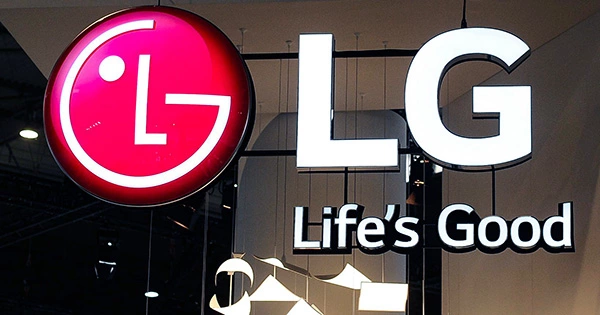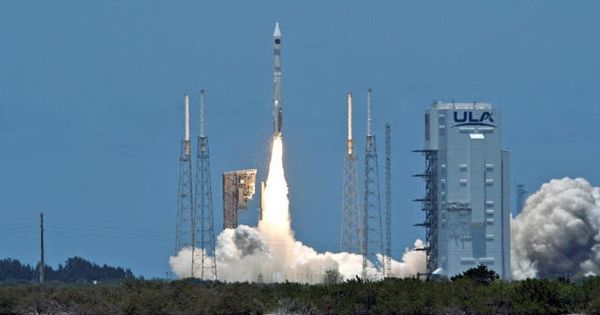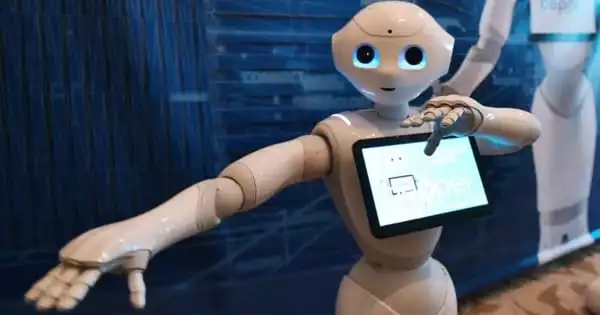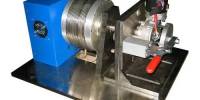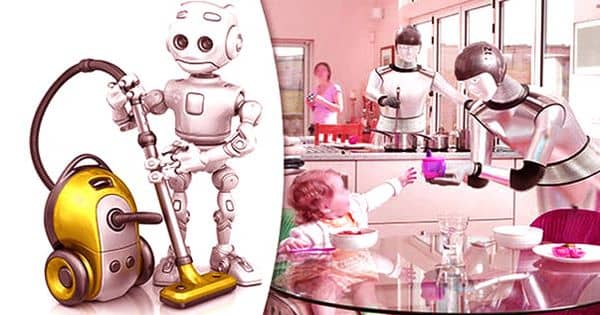LG produces everything from televisions (they revealed some new ones at CES), washing machines, and refrigerators to, well, it will probably take less time to list the things they do not do. It should come as no surprise that LG Nova, the company’s relatively new North American Innovation Center, has a strong interest in innovation.
The LG business unit, based in Santa Clara, California’s Silicon Valley, is exploring new and exciting ways to collaborate with entrepreneurs to achieve LG’s objectives in some of its key growth areas. The business unveiled the first startups that have made it onto its shortlist for collaborating with the electronics giant at the consumer electronics expo (CES) in Las Vegas. The startups share a few characteristics, which highlight and reinforce some of the company’s innovative priority areas.
LG Nova aspires to be at the core of the startup ecosystem’s Venn diagram, which includes, of course, startups. It seeks to combine this with LG’s own strengths and advantages, such as the broader investor environment, big tech, academia, the entrepreneur community, and, if appropriate, LG’s own sales and marketing channels. The Mission for the Future challenge, which LG Nova is now running, is essentially a filtration method for finding the most promising entrepreneurs and companies who can work with LG’s entrepreneurs in residence to help establish businesses within the LG ecosystem.
LG Nova’s yearly challenge program, Mission for the Future, is a nine-month search for the greatest ideas, concepts, and businesses from around the world that will improve quality of life in a smarter, healthier, and more connected future. LG’s first main theme in this arena is linked health, with a specific emphasis on doubling down on healthcare to address people’s wellness demands in healthcare facilities, at home, or through services in that space. LG Nova has unveiled its first two shortlisted companies: XR Health, which provides virtual reality treatment rooms for telehealth services, and Maya MD, a digital AI health assistant that uses LG televisions to encourage users to engage in active health conversations.
The metaverse is the second big category to which LG Nova appears to be paying special attention, in what looks to be a broader investigation of how people and machines might interact in new ways. LG Nova introduced iQ3, a company that develops enterprise software and services for metaverse product training, and I3M, a company that is developing a hyper-realistic virtual travel and tourism experience. The third pillar of LG’s innovation effort, dubbed “Energizing Mobility,” is sustainable mobility. SparkCharge is a fascinating startup that is bringing EV charging to the masses while remaining environmentally conscious. Meanwhile, Driivz is developing an operating system for managing electric vehicle charging.
Smart Lifestyles, which looks to be LG-speak for smart home technology, is the final section of LG Nova’s innovation pie chart. EveryKey, a project to utilize a single device to unlock your car, phone, and doors while keeping your website logins safe, had chosen in this universe, while A. kin AI is a firm working to introduce virtual assistant technology to LG’s hardware goods.
It is intended specifically at houses with home-care coordination issues for neuro-diverse audiences. Chefling completes the smart living triumvirate with a solution for meal planning, purchasing, and preparation that adheres to your dietary restrictions.
